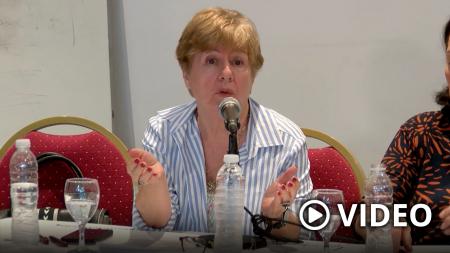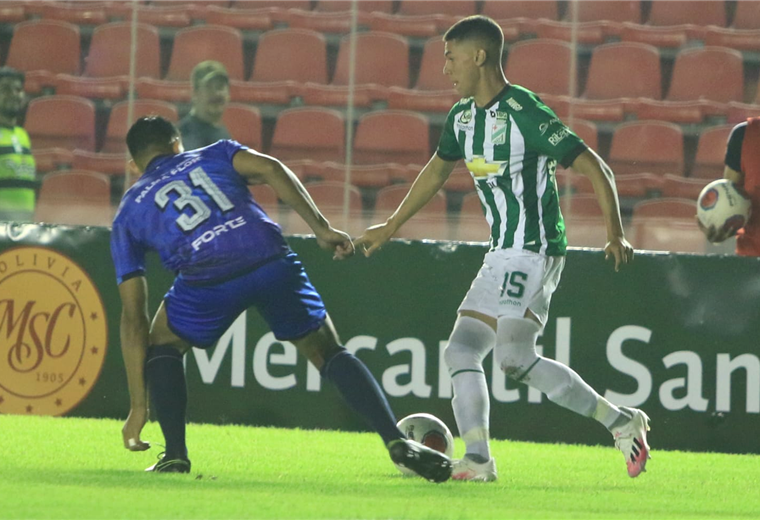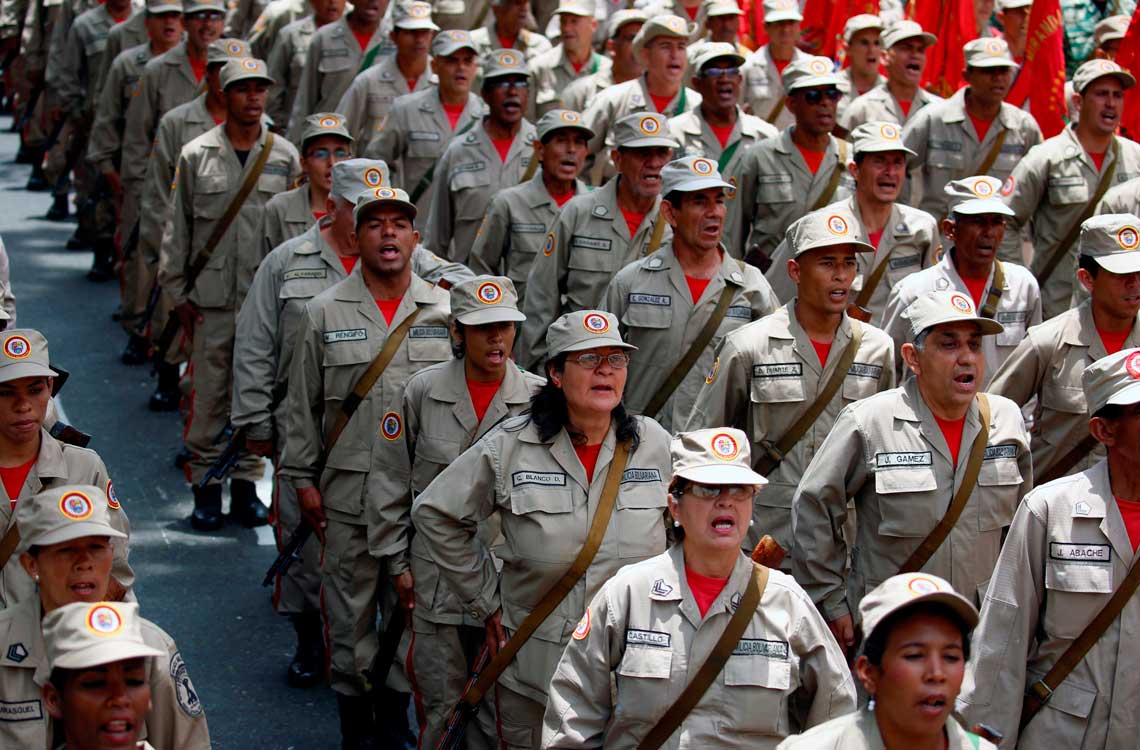The OAS Committee of Experts addressed the issue of violence against women in political life.
WATCH VIDEO
He Committee of Experts of the Organization of American States (OAS) who visits Argentina to address the issue of violence against women in political life concluded that in the country “there is an underlying climate of harassment, attacks and impunity” and described the attack against Vice President Cristina Fernández de Kirchner as an attempt at “magnifemicide”, which was encouraged by “hate speech”.
After beginning their visit to Argentina last Wednesday, the members of experts from the Follow-up Mechanism of the Convention of Belém do Pará (Mesecvi) held a press conference at 4:15 p.m. at Hotel Uno, located at Rivadavia 1944 in the city of Buenos Aires.
There they made a series of observations and recommendations as outcome of hearings held with women representatives of the State, trade unions, journalists, universities and civil society organizations.
“This Committee was able to gather information that shows the existence of instruments to address violence in the political space. However, it verified that, despite these instruments, there is an underlying climate of harassment, attacks, and impunity against women who participate in public and political life,” said the President of the Committee, the Peruvian Marcela Huaita Alegre, when reading a communicated with the preliminary results of the visit which ended today.
In that line, Huaita Alegre, former Minister of Gender of her country, considered that violence against women in politics “are not isolated events”, but rather “it is a widely tolerated practice” and said that “This happens in all spheres of public life.
The head of the Committee was accompanied by the Brazilian specialist Leila Linhares Barsted; her Bolivian partner Lourdes Montero Justiniano; the Costa Rican psychologist Sylvia Mesa Peluffo; the technical secretary of Mesecvi, Luz Patricia Mejía Guerrero; the Argentine independent expert Susana Chiarotti, and the head of communication, Tatiana Bensa.
Huaita Alegre affirmed that among the testimonies collected “We have received a report” from Vice President Cristina Fernández de Kirchner “where he details with considerable argument how there is hate speech that may have been paving the way for some actions that ended with an attempted femicide on which the committee ruled last year.”
Thus, he referred to the meeting that the delegation held in the Senate with the vice president in which he presented a 96-page report on the violence received throughout his political life.
Fernández de Kirchner, had “infringements on his image that have been replicated in the media and social networks, where violence is naturalized.” Marcela Huaita Alegre
“When women participate in political life, we are often exposed in relation to our image, the sexist and graphic insults that damage our image before the public,” said Huaita Alegre, noting that this happened in the case of Fernández de Kirchner. , since, he had “infringements on his image that have been replicated in the media and social networks, where violence is naturalized.”
“There is a degradation of his image that could lead to the attack that took place“, complete.
Meanwhile, the Costa Rican psychologist Mesa Peluffo In statements to Télam, he described the meeting with the president as “very pleasant” and stated that he saw her “moved and concerned for her safety, because, according to what she says, the investigation into the attack is going very slowly.”
During the conference, Mesa Peluffo maintained that the assassination attempt suffered by the vice president can be called an attempt to “magnifemicide”in tune, with the qualification that Fernández de Kirchner herself had made about the fact, when she said that it had been a “femicide”.
Thus, the psychologist explained that “when there is a death of a woman because of her status as a woman and it occurs in the political sphere, we can speak of political femicide”.
The assassination attempt suffered by the vice president can be called an attempt to “magnifemicide”. Peluffo table
Meanwhile, in the document read it was pointed out that “hate speech against women politiciansespecially the highest figures such as the Vice President, the President of the Chamber of Deputies (Cecilia Moreau), or the social and political leaders of the provinces, as in the cases of Milagro Sala in Jujuy and Las Ramonas in Catamarca, generates an information disorder with violent characteristics that seeks to reduce its public influence”.
At the same time, it was stated that “these facts are aggravated by an evident tolerance on the part of state bodies, which seems to be systematic”.
Violence exerted on other referents
Committee members also recalled the murders of Brazilian councilor Marielle Franco in 2018 and of the Bolivian councilor Juana Quispe in 2012; and also mentioned the attempted assassination of the Vice President of Colombia, Francia Márquez.
In this way, the Brazilian specialist Linhares Barsted pointed out that in the region there’s a “increase” in cases of political violence against womens “when the presence of women’s political representation expands”.
About the case of Jujuy social leader Milagro SalaMesa Peluffo told Télam that the leader of the Tupac Amaru group “is what a woman is not expected to ber” and considered that it puts her in a “bad victim” place.
“That has determined that I have had a treatment without gender perspective”he affirmed, and denounced that “the seven years that he has been imprisoned are not computed within the sentence (against him), which is an absolute violation of human rights.”
recommendations
Speaking to Télam, Huaita Alegre explained that in the preliminary recommendations they have addressed “to the Executive branch to develop some protocols research on political violence against women; to the judiciary, so that it acts with due diligence when there are causes of this type, because what we have been collecting is that there are filings while there are no sanctions”.
And he continued with the recommendations “to the Electoral Chamber to observe these situations that have been taking place at the level of the provinces, and especially to the media, which have a responsibility not to continue replicating these hate speeches”.
Along these lines, in his speech, Huaita Alegre had made “a wake-up call” about him power of attorney for “having considered that it can do its own training independently from the Executive branch”, and had indicated that it is “very collaboration between the different powers of the State is important”.
Among the recommendations, it is alsothey asked the Argentine State that includes the Inter-American Convention to Prevent, Punish and Eradicate Violence against Women (Convention of Belém do Pará) within the constitutional block.
That convention defines violence against women, establishes the right of women to live a life free from violence, and highlights violence as a violation of human rights and fundamental freedoms.









